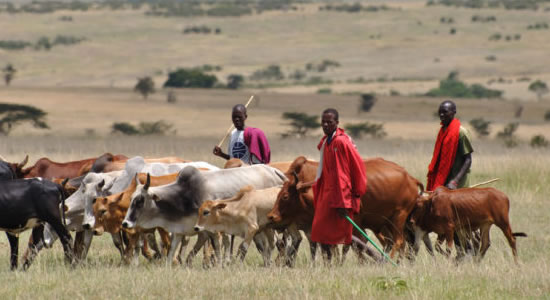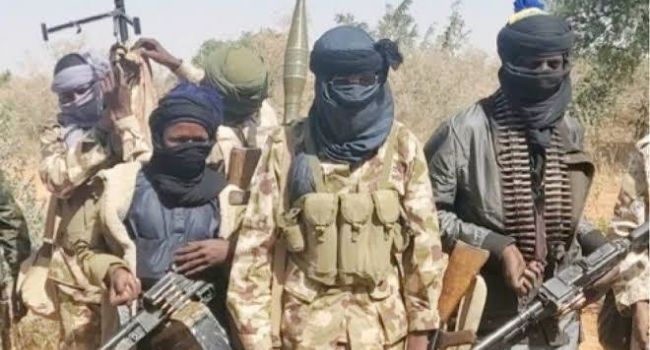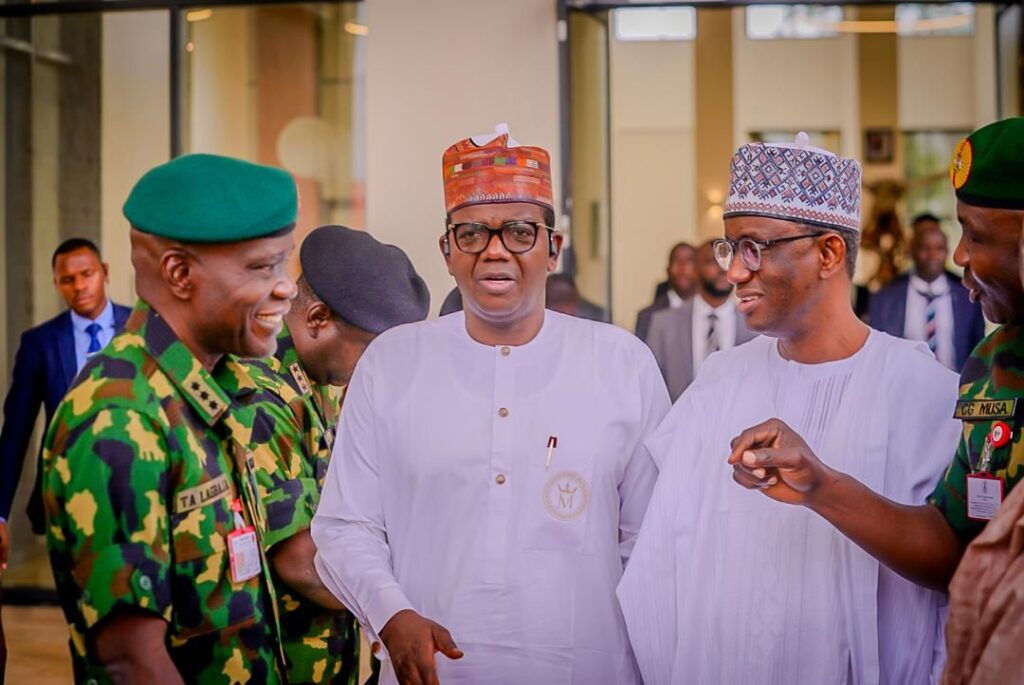The technical sub-committee set up by the National Economic Council, NEC, to visit the five states affected by conflicts between herders and farmers in Nigeria says there is no alternative to the ranching of cattle. The technical committee was set up in February by a larger committee, which has Vice President Yemi Osinbajo as Chairman and comprising nine governors, the Minister of Interior and the Minister of Agriculture as members.
The technical sub-committee was mandated to visit the affected states, ascertain causes of the conflict and recommend solutions.
Chairman of the sub-committee, Governor David Umahi of Ebonyi State, South East Nigeria, who briefed State House correspondents after Thursday’s meeting of the NEC, said the committee agreed that “the most profitable and modern way of rearing cattle is by ranching.”
Umahi also said that the committee agreed that the movement of nomadic herdsmen and their cattle was not profitable.
“We also agreed that this movement by the nomadic herdsmen has to stop,” Governor Umahi said, pointing out that “the movement is not healthy for the cows, dries up the milk and gives less than two litres of milk per cow per day.”
Umahi said the sub-committee found out the conflicts were being caused by perception, media reportage, struggle for scarce resources and banditry and criminal activities.
Governor Umahi said the committee looked at three categories of herdsmen, which are the foreign herdsmen that come into Nigeria from neighbouring countries; the nomadic herdsmen who travel from the north to the south and the migrant herdsmen who have settled and integrated in different parts of Nigeria.
He said: “For any herdsman to come into Nigeria there should be a kind of certification. Even though you are not coming with visa, you must travel with ECOWAS documentation and animals that come with them should be quarantined. These have not been done.”
Governor Umahi said the sub-committee agreed that there should be “good life for herdsmen, through the provision of health facilities and schools for their children at places where clusters of ranches would be located.
“There will be nomadic education within these ranches; there will be medical facilities for both the herdsmen and the animals and then grasses will be planted; dams will be created to provide sources of water,” Umahi said.
According to him there was need to subsidize cattle rearing to enable herdsmen, who are usually not the owners of the cows, own theirs.
Governor Umahi said that the sub-committee resolved that the five states affected by herders-farmers conflicts would donate lands for the creation of ranches, while two other states have already agreed to map out lands for ranches.
The affected states are Benue, Taraba, Adamawa, Zamfara and Nassarawa, while the two states that have agreed to donate lands are Niger and Kaduna.
Minister of Agriculture and Rural Development, who was also at the briefing, said Nigeria’s agricultural in the last exports in one and half years have risen by over one hundred and fifty percent, making the sector a major contributor to the country’s gross domestic product, GDP.
He said the Ministry of Agriculture and Rural Development made a presentation at the meeting detailing developments in the sector.
Deputy Governor of Lagos State, Idiat Oluranti Adelube , gave update on amounts in Nigeria’s funds as presented to the NEC by the Accountant-General of Nigeria.
According to her, the balance in the Excess Crude Account as at April 23, 2018 stood at $1,829, 862,047.00, while the balance of the Stabilization Account stood at $14,226, 835, 000.00.
She also said that balance in the Natural Resource Development Fund was N134, 912, 870, 000.
Dr. Adelube also said that updates were also presented on the Economic Recovery and Growth Plan Focus Labs, which ended last week.





















